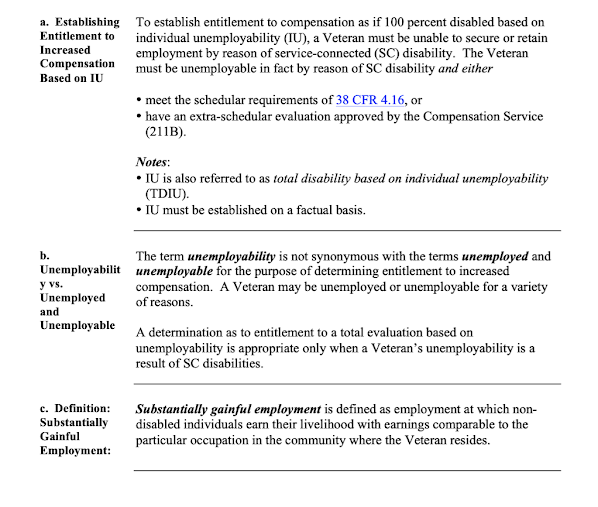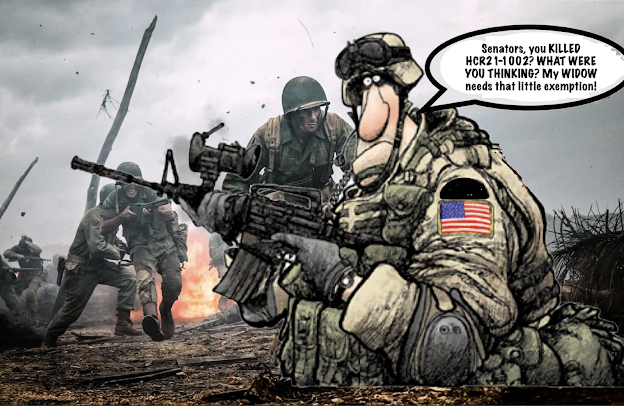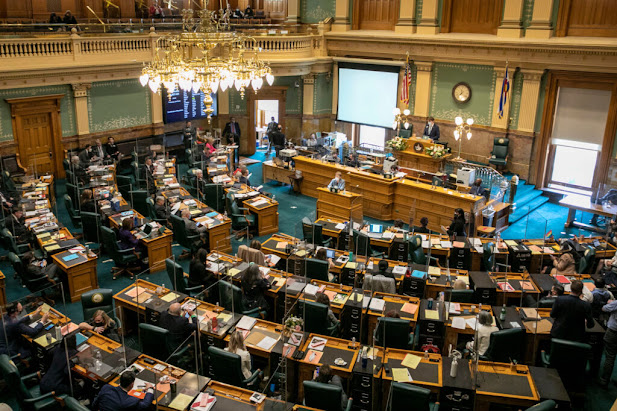Traditional reservists aren’t eligible for most VA benefits because “active duty for training” doesn’t count towards true veteran status – even if it is a year or more such as Undergraduate Pilot Training. Regardless of how long one’s initial active duty for basic and technical school might be, the law doesn’t recognize that as “active service.”
VA recognizes completion of an active-duty enlistment, or active duty during wartime to qualify a servicemember for benefits, but UTAs, annual tour, active duty for basic and other training are grouped into ineligible “active duty for training.” No bennies.
BUT – there’s a big exception to that if you experience a disabling injury or disease. Tinnitus is just one such injury. That ringing in the ears, or wind noise or low hum is caused by loud noises. Noises like a C-123 or C-130 makes. Noises like an M-16 makes at 154dB.
Flyers, tank crews, infantry, artillery and others around loud noises in a military setting often suffer tinnitus, and VA recognizes that as a frequent disability - in fact, it is the most common disability veterans have.
If you have tinnitus or hearing loss you might be entitled to VA care and compensation for that disability, and if you are, that makes you a veteran with all the benefits that wartime veterans receive. Benefits that you’ve earned from damage done your ears.
I looked into this in December 2020 to help a man who was an army reservist with tinnitus from his basic training back in 1968. He fired the M-14 rifle and did not have any ear protection. Noises of 85 dB and above can cause permanent hearing loss and tinnitus, and our aircraft are far noisier than that: The C-130 cockpit is steady at over 112 dB. The noise is even worse in the aircraft rear!
After my altitude chamber ride at Edwards AFB I started flying C-130 transports in 1974. I recall that by 1976 or so we received the 3M yellow foam earplugs. They only provided some protection from noise hazards but it was all we had plus our crew headsets; even together they were of little help.
There was still significant noise reaching the inner ear to cause damage. This kind of damage is permanent and cumulative and can evidence itself in worsening tinnitus and/or hearing loss even years later.
Here is my point in the VA’s own words:
“When a claim for service connection is based on a period of active duty for training, there must be evidence that the individual concerned became disabled as a result of a disease or injury incurred or aggravated in the line of duty during the period of active duty for training.”
That is per 38 U.S.C. § 1131 (see also 38 U.S.C. § 1110; 38 C.F.R. § 3.303(a). See CAVC Hensley v. Brown –
“claimant may establish direct service connection for a hearing disability initially manifest several years after separation from service on the basis of evidence showing that the current hearing loss is causally related to injury or disease suffered in service.”( 5 Vet. App. 155, 164 (1993).” Also see VA Training Letter 10-02 at 15 (rescinded re: incorporation into VBA Adjudication Procedures Manual (M21-1), pt. III, subpt. iv, ch. 4, § D.1-3)
VA compensation for a 10% tinnitus disability is a modest $144 per month. For someone who served in the reserve components the real importance here isn't the money but rather a hearing injury establishes legal veteran status with all the benefits that attach to being a wartime veteran (we’ve been in a period of war ever since Desert Storm.)
Sometimes there are secondary issues to adding to hearing loss like depression or hypertension. There can even be tertiary issues, something like hearing loss causing depression which is known to cause heart issues. Rarely, there have been vets getting up to 50% disability ( benefits plus $995/month) based on hearing loss and complications.
You might not need them now, but benefits can include elderly/low-income pension rights, medical and pharmacy (perhaps with modest co-payments,) rehab, hearing aids, VA home loan, education, and even a new program for veterans called Veteran Directed Care.
It is for vets faced with significant loss of ADLs (activities of daily life.)
There is no disability rating required, only that a vet be enrolled in VA health care, and with it help can be offered for whatever ADL shortfalls the vet experiences.
If you believe you have tinnitus or hearing loss, or maybe some other issue that began during service and still affects you, get advice from the VA hotline, one of the veterans’ service organizations like DAV or VFW, or your city/state VA office. Get a claim entered immediately because benefits are dated from when VA gets your claim, not when they approve it months later.
Late note: the Army reservist whose claim I helped prepare got a welcome disability rating of 40% service connection (backdated to date of his application) when VA approved his claim in early June 2021; he has a couple issues still pending that could increase the award significantly. This all went back to hearing injuries during basic training and AIT over half a century ago; good thing he saved, the documentation from his sick call and hospital treatments!
I hope this helps someone!




































